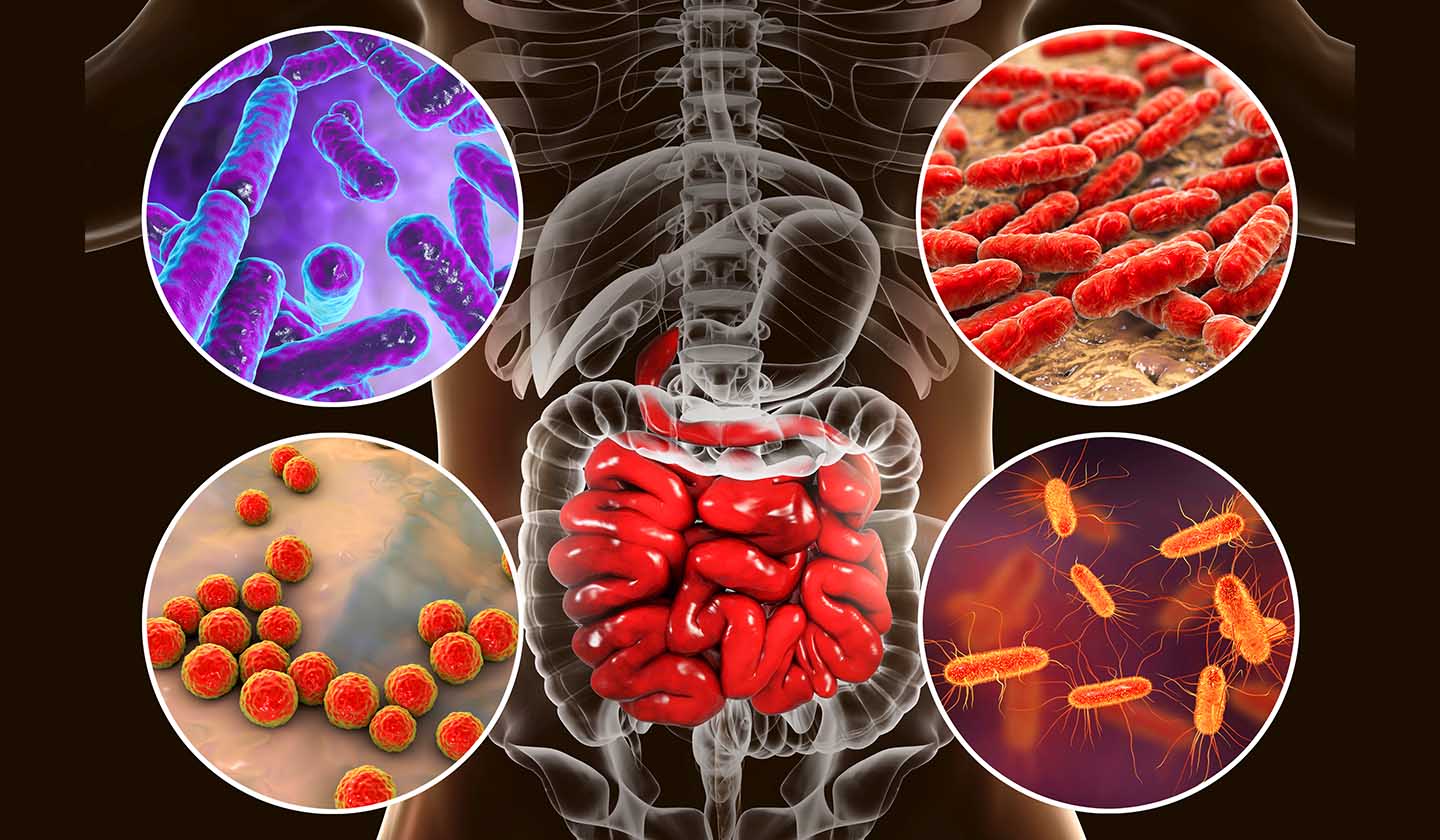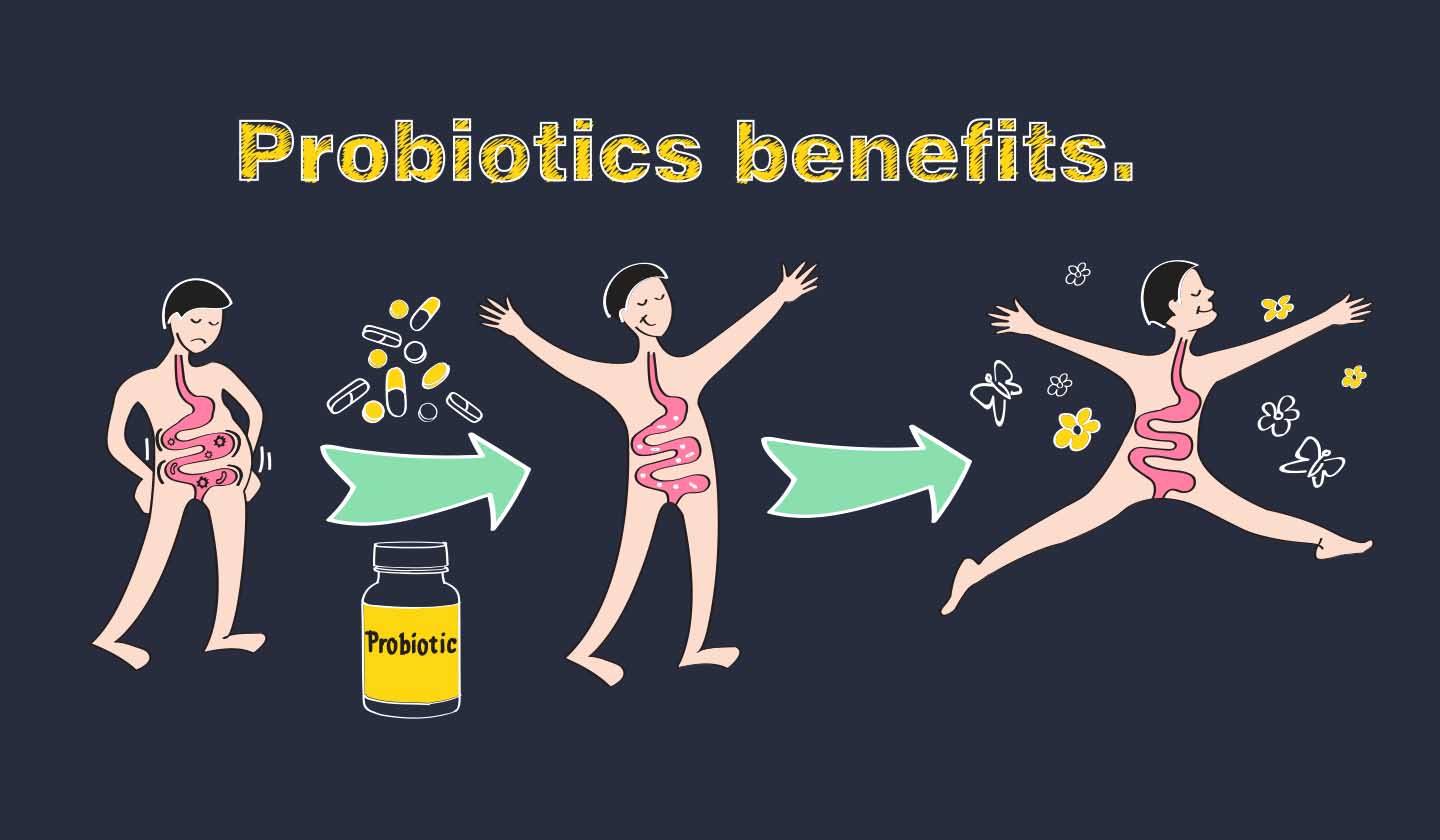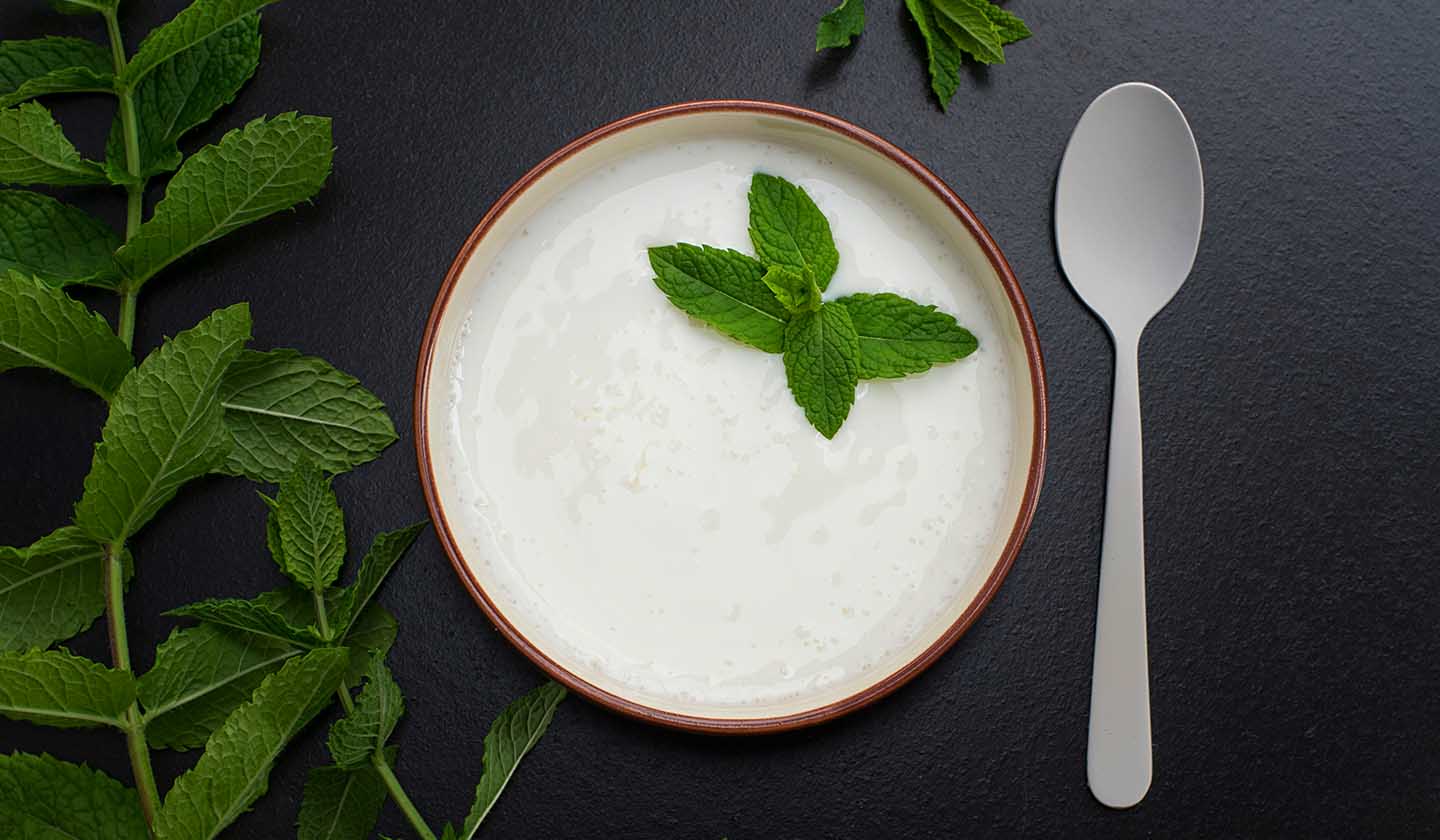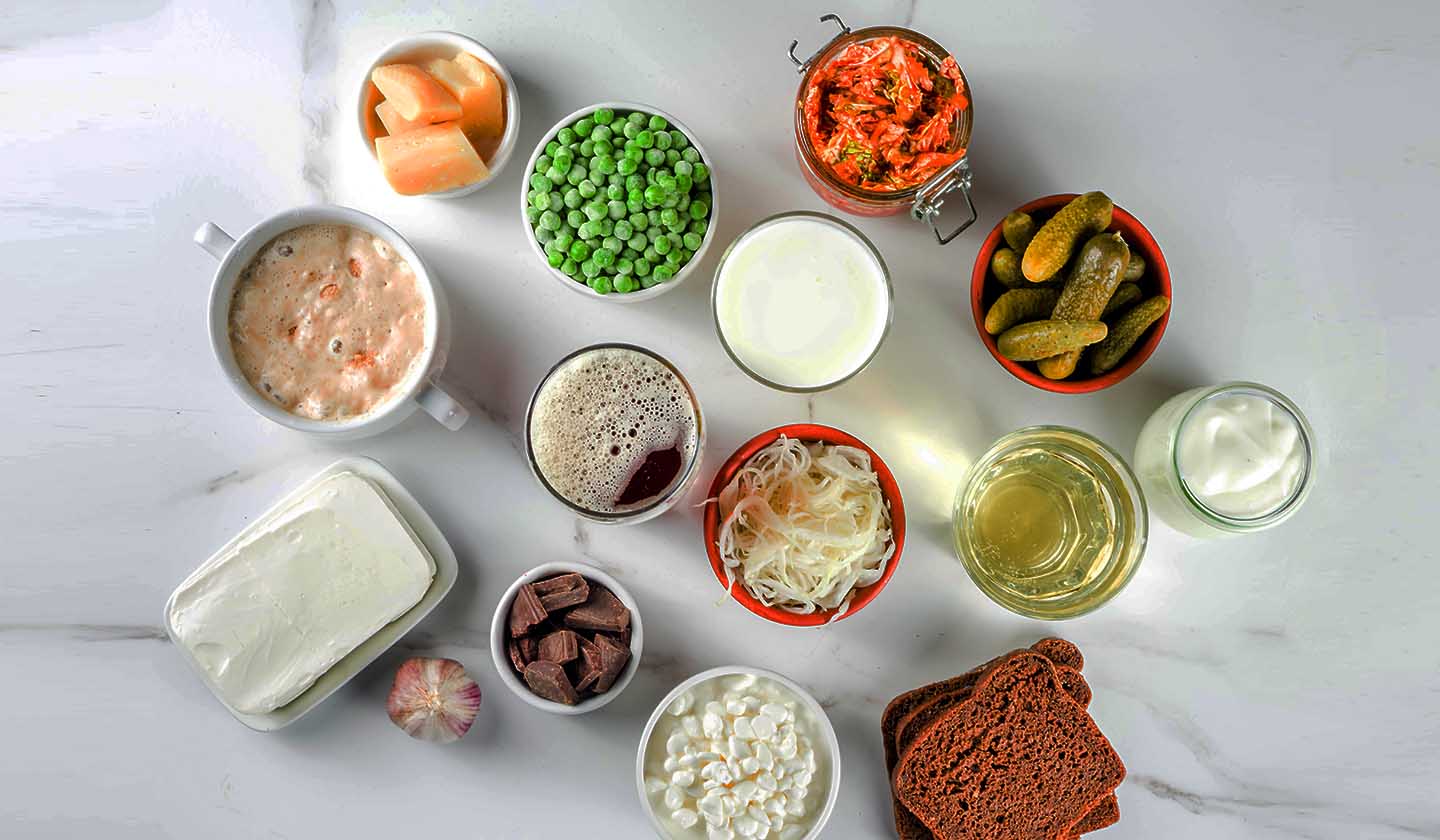Prevention
Probiotics - Points in favour of the immune system

Intestinal flora is influenced throughout life by age, high fat and sugar diets, alcohol intake, tobacco use, stress, use of antibiotics and changes in the functioning of the intestine, which is colonized by pathogenic bacteria that lower immunity and make the body susceptible to disease.
Probiotics are living microorganisms that benefit the body, acting directly on the intestinal flora balance, making digestion and absorption of nutrients easier, and strengthening the immune system.
The origin of the word “probiotics” comes from Greek and Latin and means "in favour of life". They can be found in fermented milks, yogurts and food supplements that bring benefits to the immune system, if consumed regularly.

Benefits
-
Inhibit the presence of undesirable intestinal bacteria;
-
Prevent intestinal imbalances - such as diarrhoea and constipation;
-
Improve digestion (relieve heartburn) and absorption of nutrients from food (they improve lactose digestion in people with lactose intolerance);
-
Increase the absorption of different nutrients, such as vitamin B, calcium, and iron;
-
Help prevent colon cancer and other intestinal diseases;
-
Strengthen the immune system (through the activation of tumoral and cellular immunity), increasing resistance to infections;
-
Reduce the risk of allergies, particularly in babies and children.

Location
There are two main forms of taking probiotics: eating foods with natural probiotics, such as yogurt or kefir, and using food supplements with probiotics.
Examples of probiotic foods:
-
natural yogurt
-
kefir
-
fermented milk
-
kombucha
Examples of probiotic supplements:
-
Saccharomyces boulardii - used in cases of diarrhoea
-
Lactobacillus fermentum - makes digestion easier
-
Lactobacillus rhamnosus - used in cases of acne and Candida sp. infections
-
Lactobacillus reuteri - used in H. pylori infections
- Lactobacillus acidophilus - used in vaginal and urinary infections

Consumption
Foods are considered probiotics with a beneficial effect on health when their microorganisms are alive and in sufficient number; these foods must be stable and viable until their expiry date.
Probiotics should be taken before or right after a meal because food helps bacteria to survive gastric acid and reach the intestine, where they can multiply more easily.
Probiotics have no contraindications and therefore, they can be taken by any age group.
Aside from the use of probiotics in the form of supplements or foods rich in these bacteria, it is also important to maintain a healthy fibre-rich diet because fibres are the main foods for probiotics, favouring their survival in the intestine.
The number of recommended probiotics varies, as well as how often it should be taken. Thus, it is essential to ask your pharmacist for help, so that each case is treated having due regard to its particularities.
Sources
iSaúde
Farmácia Distribuição Magazine
Também lhe poderá interessar
Supplements
Vegetarian? Of course you can, but pay attention to the nutritional balance
Prevention






